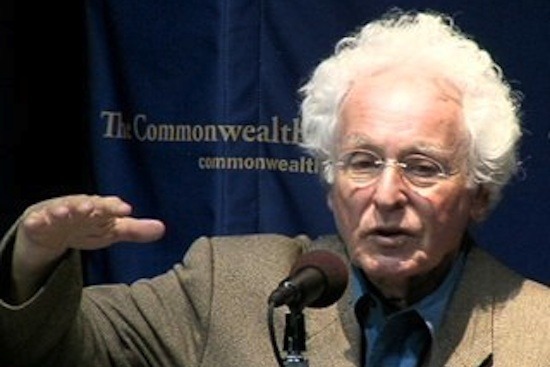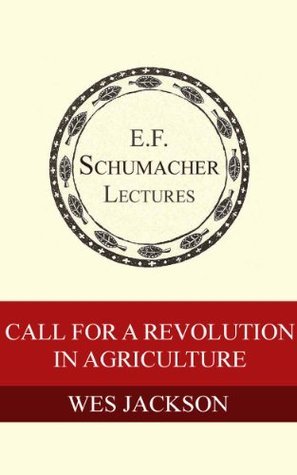

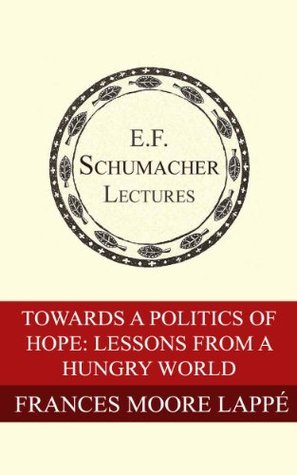
Books in series

Call for a Revolution in Agriculture
1981

Green Politics
The Spiritual Dimension
2015

Toward a Politics of Hope
Lessons from a Hungry World
2013
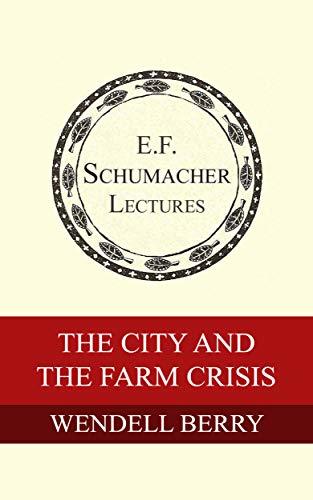
The City and the Farm Crisis
1986

Why Small is Beautiful
The Size Interpretation of History
2015

Voices from White Earth
Gaa-waabaabiganikaag
2013
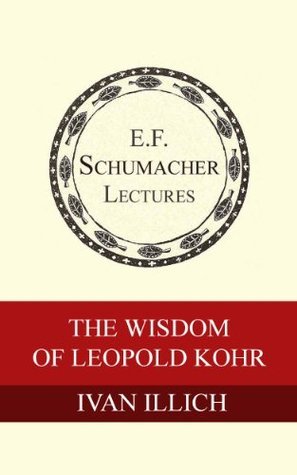
The Wisdom of Leopold Kohr
1996
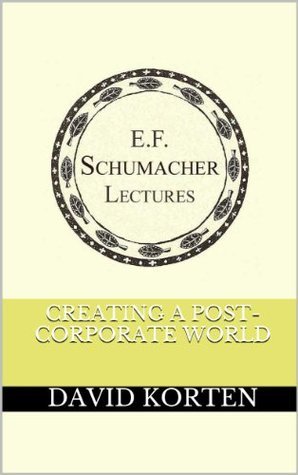
Creating a Post-Corporate World
2013

Buddhist Technology
Bringing a New Consciousness to Our Technological Future
1997

Economic Globalization
The Era of Corporate Rule
1999

Natural Capitalism
The Next Industrial Revolution
2001

Every Being Has Rights
2003

Environmental Literacy
Education as if the Earth Mattered
1992
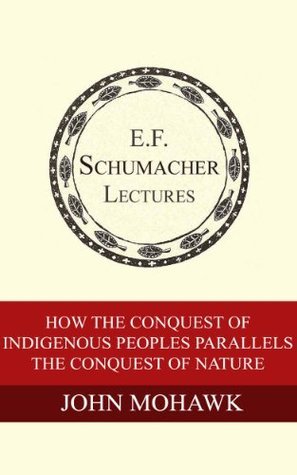
How the Conquest of Indigenous Peoples Parallels the Conquest of Nature
2013
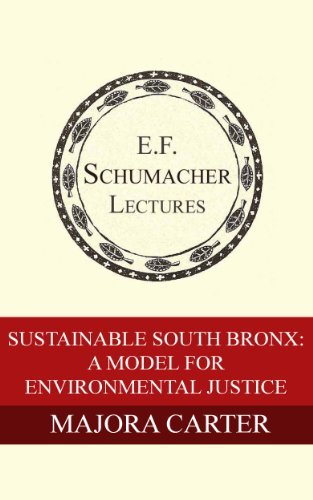
Sustainable South Bronx
A Model For Environmental Justice
2007

The Ice Is Melting
2013

Very Small is Beautiful
2015
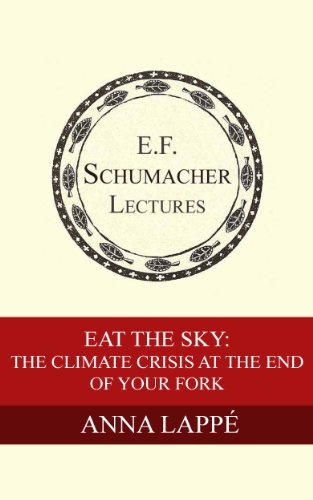
Eat the Sky
The Climate Crisis at the End of Your Fork
2013

Distributing Our Technological Inheritance
1994
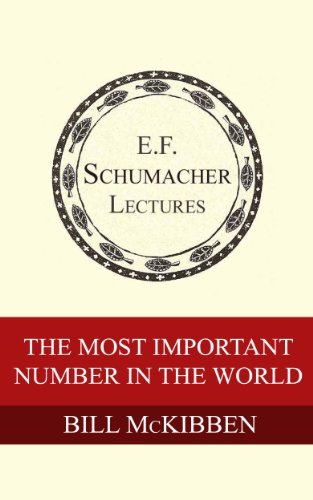
The Most Important Number In The World
2009
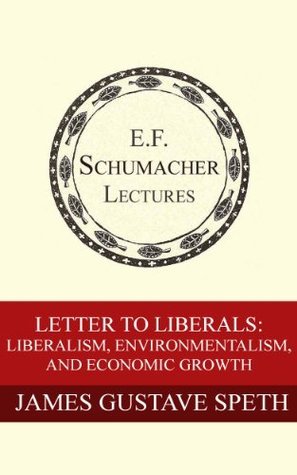
Letter to Liberals
Liberalism, Environmentalism, and Economic Growth
2010

If You Don't Like Capitalism or State Socialism, What Do You Want?
2011
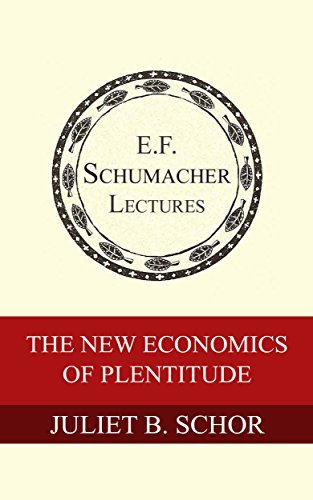
The New Economics of Plentitude
2015
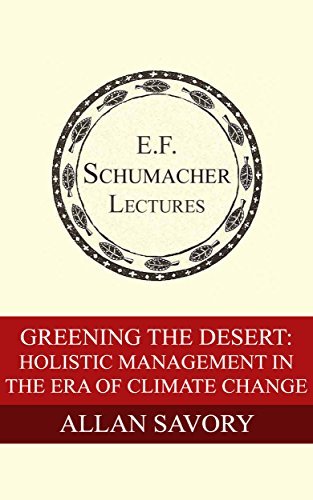
Greening the Desert
Holistic Management in the Era of Climate Change
2016
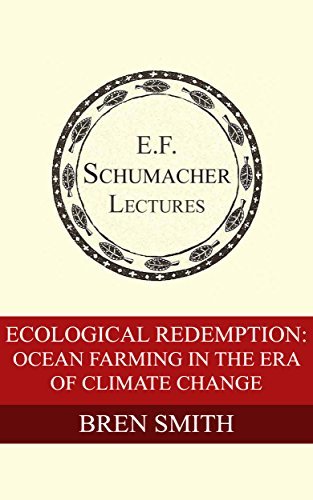
Ecological Redemption
Ocean Farming in the Era of Climate Change
2016

A Conversation Between Wendell Berry and Wes Jackson
2017

Prophecy of the Seventh Fire
Choosing the Path That Is Green
2018
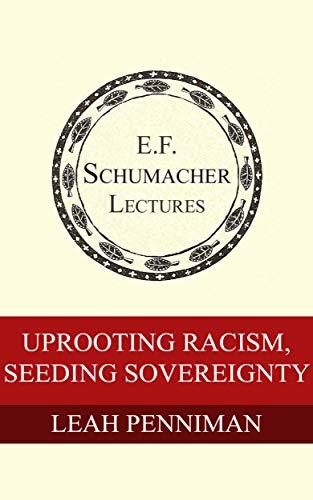
Uprooting Racism, Seeding Sovereignty
2019
Authors
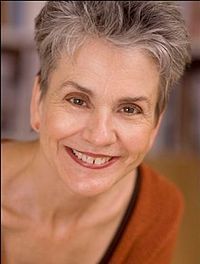
Frances Moore Lappe—author of fifteen books, including three-million-copy bestseller Diet for a Small Planet—distills her world-spanning experience and wisdom in a conversational yet hard-hitting style to create a rare "aha" book. In nine short chapters, Lappe leaves readers feeling liberated and courageous. She flouts conventional right-versus-left divisions and affirms readers' basic sanity - their intuitive knowledge that it is possible to stop grasping at straws and grasp the real roots of today's crises, from hunger and poverty to climate change and terrorism. Because we are creatures of the mind, says Lappe, it is the power of "frame"—our core assumptions about how the world works—that determines outcomes. She pinpoints the dominant failing frame now driving out planet toward disaster. By interweaving fresh insights, startling facts, and stirring vignettes of ordinary people pursuing creative solutions to our most pressing global problems, Lappe uncovers a new, empowering "frame" through which real solutions are emerging worldwide." Frances Moore Lappé is married to Dr. Marc Lappé a former experimental pathologist interested in the problem of environmental contamination.
Writing, farming, and working in her community for more than 40 years, Winona LaDuke is one of the world’s most tireless and charismatic leaders on issues related to climate change, Indigenous and human rights, green economies, grassroots organizing, and the restoration of local food systems. A two-time Green Party vice-presidential candidate, Winona has received numerous awards and accolades, including recognition on the Forbes' first “50 Over 50—Women of Impact” list in 2021. Winona is the author of many acclaimed articles and books, including "Recovering the Sacred: The Power of Naming and Claiming" and "To Be a Water Protector: Rise of the Wiindigoo Slayers." A Harvard-educated economist, hemp farmer, grandmother, and member of the Mississippi Band Anishinaabeg, she lives and works on the White Earth Reservation in northern Minnesota.
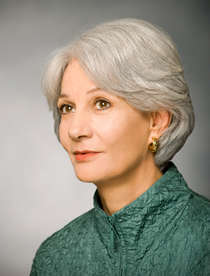
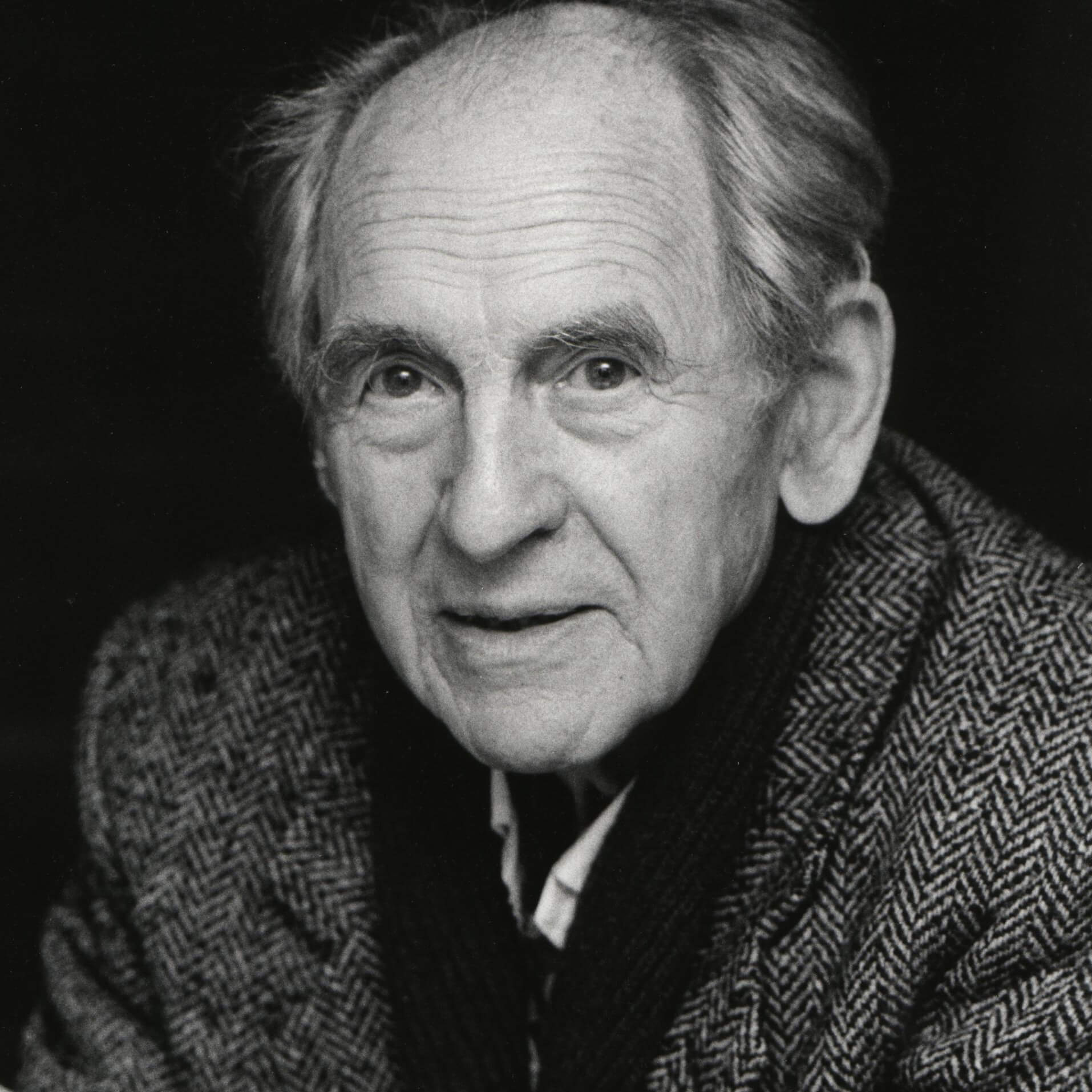

Juliet Schor’s research over the last ten years has focussed on issues pertaining to trends in work and leisure, consumerism, the relationship between work and family, women's issues and economic justice. Schor's latest book is Born to Buy: The Commercialized Child and the New Consumer Culture (Scribner 2004). She is also author of The Overworked American: The Unexpected Decline of Leisure and The Overspent American: Upscaling, Downshifting and the New Consumer. She has co-edited, The Golden Age of Capitalism: Reinterpreting the Postwar Experience, The Consumer Society Reader, and Sustainable Planet: Solutions for the 21st Century. Earlier in her career, her research focussed on issues of wages, productivity, and profitability. She also did work on the political economy of central banking. Schor is currently is at work on a project on the commercialization of childhood, and is beginning research on environmental sustainability and its relation to Americans’ lifestyles. Schor is a board member and co-founder of the Center for a New American Dream, an organization devoted to transforming North American lifestyles to make them more ecologically and socially sustainable. She also teaches periodically at Schumacher College, an International Center for Ecological Studies based in south-west England. from http://www2.bc.edu/~schorj/default.html
Anna Lappé is a widely respected author and educator, known for her work as an expert on food systems and as a sustainable food advocate. The co-author or author of three books and the contributing author to ten others, Anna’s work has been widely translated internationally and featured in The New York Times,Gourmet,Oprah Magazine, among many other outlets. Named one of Time magazine’s “eco” Who’s-Who, Anna is a founding principal of the Small Planet Institute and the Small Planet Fund. She is currently the head of the Real Food Media Project, a new initiative to spread the story of the power of sustainable food using creative movies, an online action center, and grassroots events. Source: Small Planet Institute.

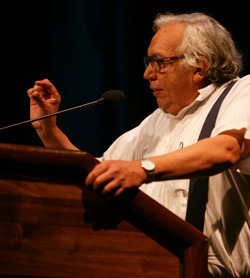
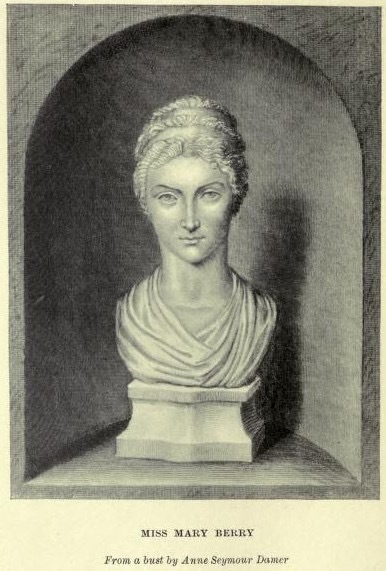
Mary Berry (16 March 1763 – 20 November 1852) was an English non-fiction writer born in Kirkbridge, North Yorkshire. She is best known for her letters and journals, namely Social Life in England and France from the French Revolution, published in 1831, and Journals and Correspondence, published after her death in 1865. Berry became notable through her association with close friend Horace Walpole, whose literary collection she, along with her sister and father, inherited. Berry was born in Kirkbridge, Yorkshire on 16 March 1763. Her younger sister Agnes, who proved to be Mary's closest confidant during her life, was born fourteen months later on 29 May 1764.[3] Their father, Robert Berry, was the nephew of a successful Scottish merchant named Ferguson. Robert received £300,000 in mid-life and bought an estate at Raith in Fifeshire. As the older son of Ferguson's sister, he began working at his uncle's counting-house in Broad Street, Austin Friars. In 1762, he married his distant cousin, a Miss Seaton. After giving birth to Mary and Agnes, she and their third child died three years later, in 1767, during childbirth. During her life Berry suffered from only one serious illness, a near-fatal attack of bilious fever in 1825. She died of old age around midnight on 20 November 1852 at age 90. Her sister, Agnes, had died in January of the same year.[5][6] Both are buried in the churchyard of St Peter's Church, Petersham.
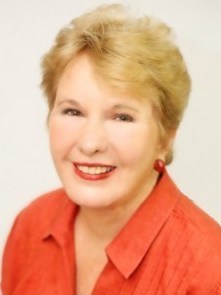
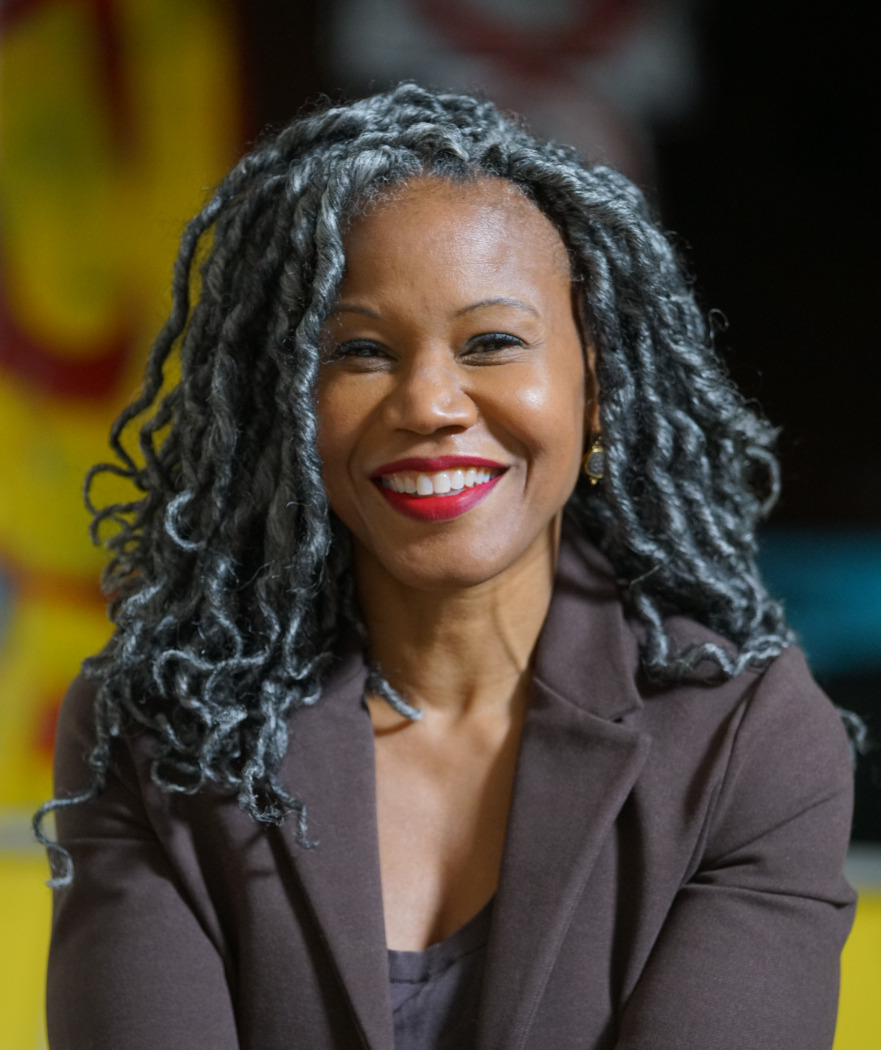
Majora Carter is a real estate developer, urban revitalization strategy consultant, MacArthur Fellow and Peabody Award winning broadcaster. She is responsible for the creation and successful implementation of numerous economic developments, technology & green-infrastructure projects, policies and job training & placement systems, and is currently serving as Senior Program Director for Community Regeneration at Groundswell, Inc. Carter applies her corporate consulting practice focused on talent-retention to reducing Brain Drain in American low-status communities. She has firsthand experience pioneering sustainable economic development in one of America's most storied low-status communities: the South Bronx. She and her teams develop vision, strategies and the type of development that transforms low-status communities into thriving mixed-use local economies. Her approach harnesses capital flows resulting from American re-urbanization to help increase wealth building opportunities across demographics left out of all historic financial tide changes. Majora's work produces long term fiscal benefits for governments, residents, and private real estate developments throughout North America. In 2017, she launched the Boogie Down Grind, a Hip Hop themed speciality coffee & craft beer spot, and the first commercial “3rd Space” in the Hunts Point section of the South Bronx since the mid-1980s. This venture also provides a rare opportunity for local families to invest through SEC approved online investment platforms. Majora is quoted on the walls of the Smithsonian Museum of African-American History and Culture in DC: "Nobody should have to move out of their neighborhood to live in a better one”. Her ability to shepherd projects through seemingly conflicted socio-economic currents has garnered her 8 honorary PhD's and awards such as: 100 Most Intriguing Entrepreneurs by Goldman Sachs, Silicon Alley 100 by Business Insider, Liberty Medal for Lifetime Achievement by News Corp, and other honors from the National Building Museum, International Interior Design Association, Center for American Progress, as well as her TEDtalk (one of six to launch that site in 2006). She has served on the boards of the US Green Building Council, Ceres, The Wilderness Society, and the Andrew Goodman Foundation. Majora was born, raised and continues to live in the South Bronx. She is a graduate of the Bronx High School of Science (1984), Wesleyan University (1988 BA, Distinguished Alum) and New York University (MFA). After establishing Sustainable South Bronx (2001) and Green For All (2007), among other organizations, she opened this private consulting firm (2008) - which was named Best for the World by B-Corp in 2014. While at Sustainable South Bronx, Carter deployed MIT’s first ever Mobile Fab-Lab (digital fabrication laboratory) to the South Bronx - where it served as an early iteration of the “Maker-Spaces” found elsewhere today. The project drew residents and visitors together for guided and creative collaborations. In addition, Majora Carter launched StartUp Box, a ground-breaking tech social enterprise that provided entry-level tech jobs in the South Bronx, operating it from 2014-2018. Majora Carter has helped connect tech industry pioneers such as Etsy, Gust, FreshDirect, Google, and Cisco to diverse communities at all levels.

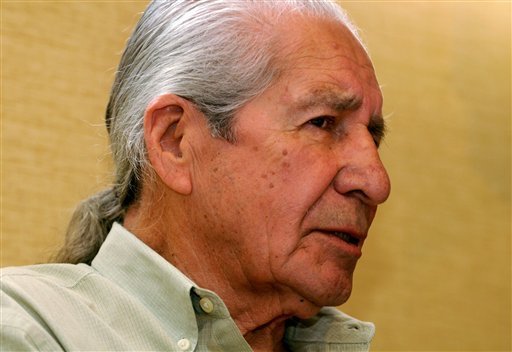
Oren Lyons is a Native American Faithkeeper of the Turtle Clan of the Onondaga and Seneca Nations of the Haudenosaunee (Iroquois Confederacy), as well as a member of the Council of Chiefs of the Haudenosaunee, professor, author, publisher, advocate of Indigenous and environmental causes, and honorary chairman of the Iroquois Nationals Lacrosse team. Lyons was given the name Joagquisho, Bright Sun with a Strong Wind, at birth and grew up on the Seneca and Onondoga reservations where he was raised in the Iroquois traditional ways of thinking, being, and knowing. In 8th grade, he dropped out of school and later became a talented amateur boxer. In 1950, at age 20 he was drafted into the US Army where he continued to excel in boxing. He returned to the reservation in 1953 where he was recruited by the coach of the Syracuse University lacrosse team. Lyons once again proved an outstanding athlete and was named an All-American lacrosse goalie while at Syracuse and his post-college lacrosse activities helped get him elected to the National Lacrosse Hall of Fame in the US and Canada. He was named 'Man of the Year in Lacrosse' by the NCAA in 1989. Lyons maintains his close connections to lacrosse and continues to be an inspiring role model to both Native and non-Native lacrosse athletes. Lyons graduated from Syracuse in 1958 with a degree in Fine Arts and then lived and worked as a commercial artist in New York City. In 1970, Lyons returned to the Onondoga Nation during which time he accepted the role of Faithkeeper of the Turtle Clan of the Onondaga and Seneca Nations of the Haudenosaunee (Iroquois Confederacy) and began his advocacy work on Indigenous and environmental issues. In addition to his duties as Faithkeeper, Lyons is a professor at SUNY - Buffalo where he directs the Native American Studies program within the department of American Studies. Lyons also co-founded Daybreak, a national Indian newspaper, with John Mohawk, a Seneca teacher and journalist. Lyons actively participates in many national and international forums including the Human Rights Commission of the United Nations. Lyons has received many awards and honors, including an honorary law degree from Syracuse University, the Ellis Island Congressional Medal of Honor, the National Audubon Society's Audubon Medal for service to the cause of conservation, and the first International Earth Day Award from the United Nations. In 1992, Lyons became the first Indigenous individual to address the U.N. General Assembly. Lyons serves on the board of the Harvard Project on American Indian Economic Development and has been a Native American representative to the Corporation for Public Broadcasting since 1974.

